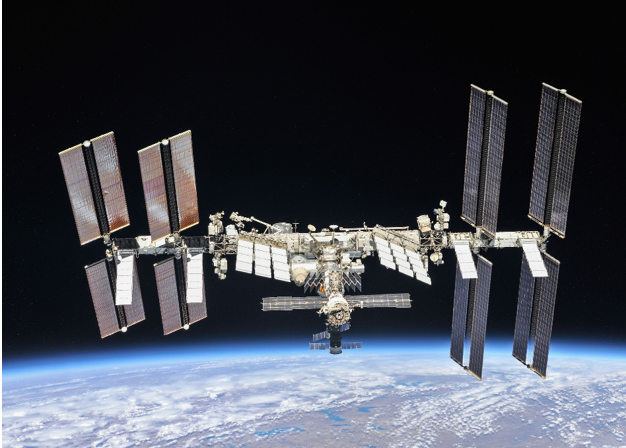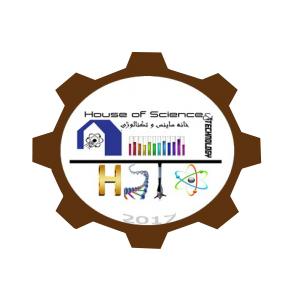NASA Space Station On-Orbit Status 2 November 2020 - Celebrating 20 Years of ISS Human Presence

NASA Space Station On-Orbit Status 2 November 2020 – Celebrating 20 Years of ISS Human Presence.
Twenty years ago, today, the Expedition One crew docked to the fledgling, three-module International Space Station beginning 20 years of continuous human presence in space.
William Shepherd of NASA, the first station commander, with Roscosmos Flight Engineers Sergei Krikalev and Yuri Gidzenko, would orbit Earth for 141 days before returning home in March 2001.
Now, the Expedition 64 crew inhabits the near-complete orbital lab with an internal volume of a five-bedroom house. The trio will be welcoming in November a SpaceX commercial crew mission and is also gearing up for a Russian spacewalk.
NASA Flight Engineer Kate Rubins reviewed rendezvous procedures today for the planned Nov. 15 arrival of four astronauts aboard the SpaceX Crew Dragon vehicle. Three NASA astronauts and one JAXA (Japan Aerospace Exploration Agency) astronaut are targeted to launch on Nov. 14 from Florida aboard the Crew Dragon for a five-and-a-half-month research mission on the station.
Michael Hopkins will command the first operational mission of the Crew Dragon spacecraft piloted by first-time space flyer Victor Glover. Shannon Walker and Soichi Noguchi are the mission specialists.
Rubins’ two Russian crewmates, Commander Sergey Ryzhikov and Flight Engineer Sergey Kud-Sverchkov, are getting ready for their first spacewalk set for Nov. 18. The Roscosmos duo spent Monday morning studying their planned spacewalk duties which include about six hours of external science and maintenance tasks.
The orbiting trio also spent Monday fulfilling a multitude of space science objectives. Rubins and Ryzhikov began the day collecting and stowing their blood samples for later analysis. Rubins then set up a small satellite deployer that will soon release a set of CubeSats into Earth orbit for governmental and educational research.
Ryzhikov joined Kud-Sverchkov in the afternoon for a long-running study that explores how crew members perform complex tasks on long-duration space missions. Scientists will use the data to gauge how operators might pilot future spaceships and robots on planetary missions.
